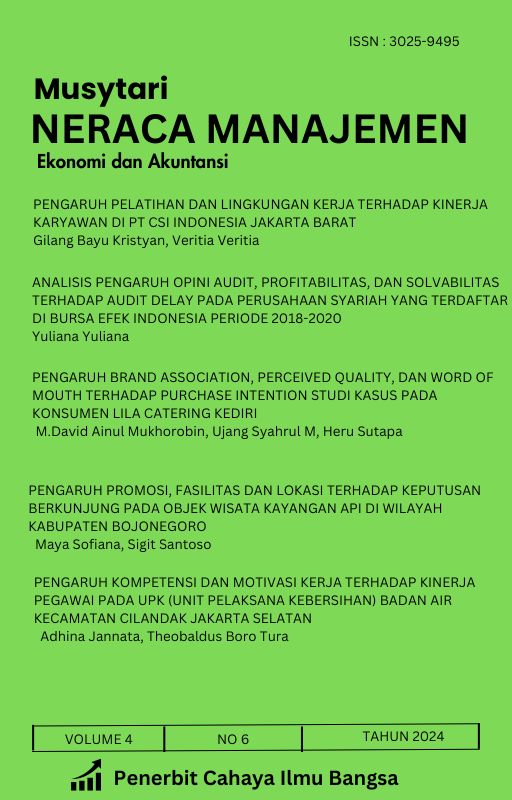Published 2023-05-27
Keywords
- Transformasi digital,
- MSDM,
- HRIS,
- teknologi SDM,
- big data
- tantangan digitalisasi,
- Digital transformation,
- HR technology,
- digitalization challenges ...More
How to Cite
Abstract
Transformasi digital telah mengubah secara fundamental cara organisasi mengelola sumber daya manusia (SDM). Penerapan teknologi seperti Human Resource Information System (HRIS), artificial intelligence (AI), dan big data analytics telah menciptakan peluang strategis dalam meningkatkan efisiensi, pengambilan keputusan berbasis data, dan pengalaman kerja karyawan. Namun, di balik peluang tersebut terdapat berbagai tantangan, seperti resistensi terhadap perubahan, kesenjangan kompetensi digital, serta risiko etika dan keamanan data. Artikel ini bertujuan untuk mengeksplorasi peluang dan tantangan utama transformasi digital dalam praktik MSDM berdasarkan telaah literatur dan studi kasus terkini. Temuan menunjukkan bahwa kesuksesan transformasi digital sangat ditentukan oleh kesiapan organisasi, kepemimpinan digital, dan budaya inovasi yang mendukung.
Digital transformation has fundamentally changed the way organizations manage human resources (HR). The application of technologies such as Human Resource Information System (HRIS), artificial intelligence (AI), and big data analytics have created strategic opportunities to improve efficiency, data-driven decision making, and employee work experience. However, behind these opportunities lie various challenges, such as resistance to change, digital competency gaps, and ethical and data security risks. This article aims to explore the main opportunities and challenges of digital transformation in HRM practices based on a literature review and recent case studies. The findings show that the success of digital transformation is largely determined by organizational readiness, digital leadership, and a supportive culture of innovation.
References
- Bondarouk, T., Harms, R., & Lepak, D. P. (2017). Does e-HRM lead to better HRM service?. The International Journal of Human Resource Management, 28(9), 1332–1362.
- Dessler, G. (2020). Human Resource Management (16th ed.). Pearson.
- Kiron, D., Prentice, P. K., & Ferguson, R. B. (2017). Analytics as a source of business innovation. MIT Sloan Management Review.
- Lengnick-Hall, M. L., & Moritz, S. (2003). The impact of e-HR on the human resource management function. Journal of Labor Research, 24(3), 365–379.
- Marler, J. H., & Boudreau, J. W. (2017). An evidence-based review of HR Analytics. The International Journal of Human Resource Management, 28(1), 3–26.
- Parry, E., & Strohmeier, S. (2014). HRM in the digital age – digital changes and challenges of the HR profession. Employee Relations, 36(4), 250–261.
- Stone, D. L., Deadrick, D. L., Lukaszewski, K. M., & Johnson, R. (2015). The influence of technology on the future of human resource management. Human Resource Management Review, 25(2), 216–231.
- Tursunbayeva, A., Di Lauro, S., & Pagliari, C. (2017). People analytics—A scoping review of conceptual boundaries and value propositions. International Journal of Information Management, 43, 224–247.

